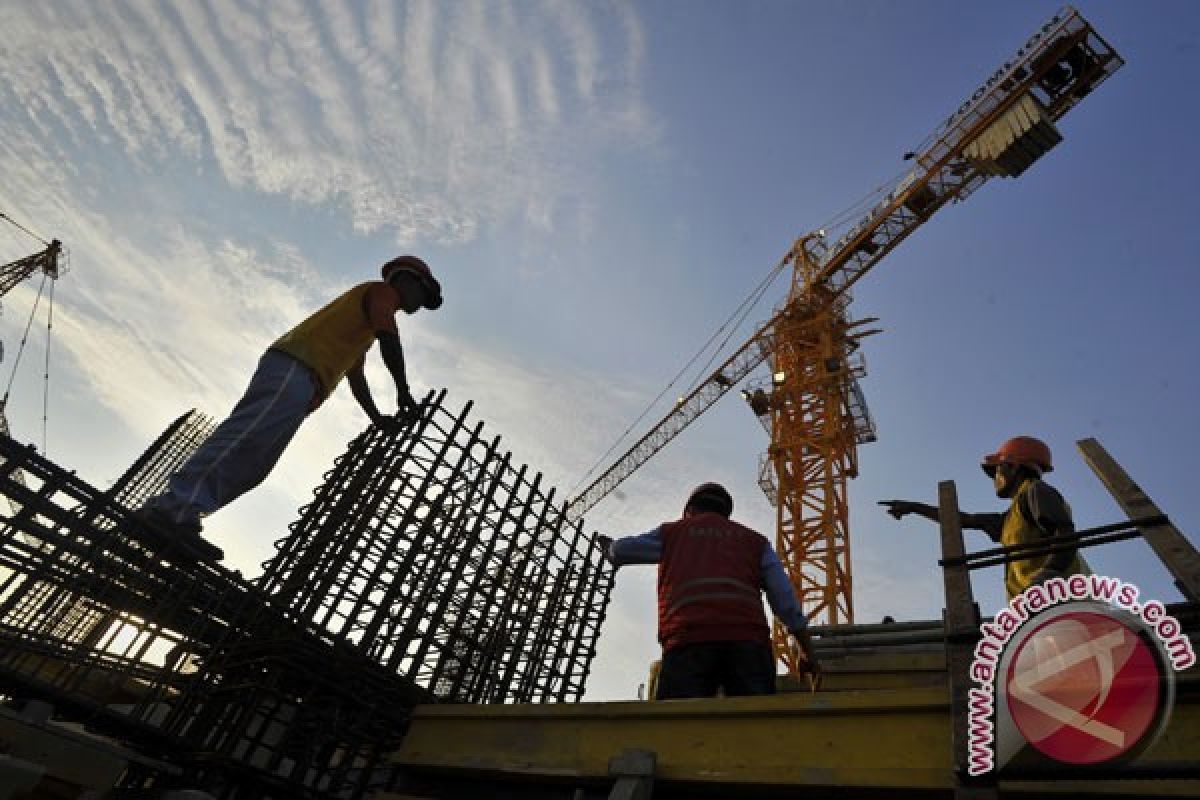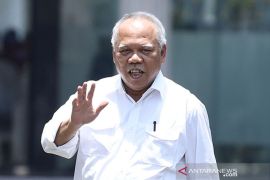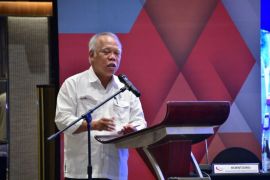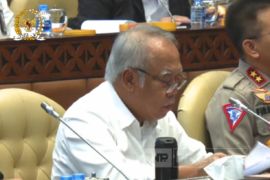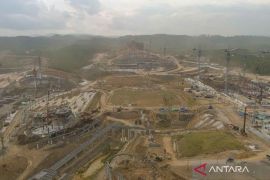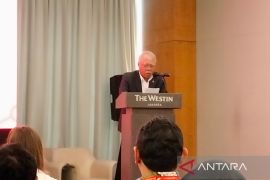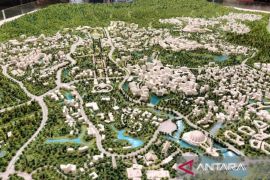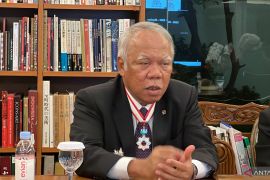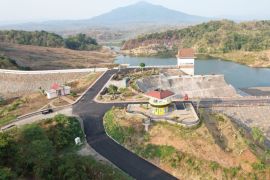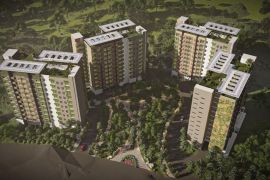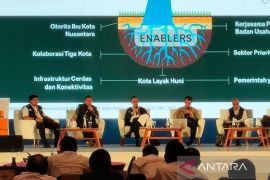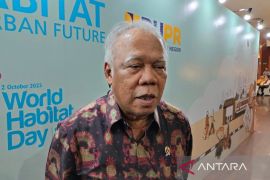"Whoever wants to build infrastructure, we encourage them to build using environment-friendly materials with the lowest possible carbon footprint," said Firdaus Ali, special adviser to PUPR Minister on water resources, in a talk with the media in Jakarta.
Indonesia is seeking to reduce greenhouse gas emissions by 31.89 percent through its own efforts and 43.20 percent with international support by 2030, based on the Enhanced Nationally Determined Contributions (ENDCs) document. Indonesia is also targeting to achieve net zero emissions by 2060.
Ali emphasized that the construction sector is playing an important role in achieving this goal. The sector has been a major contributor of carbon emissions to date.
"In order to achieve ENDC 2030 or zero emissions by 2060, we don't have any more time. If we are negligent, we will face an increasingly complex ecological disaster in the future," he said.
According to PUPR Ministerial Regulation Number 9 of 2021, which provides guidelines for implementing sustainable construction, consultants and contractors are required to implement sustainable practices.
The use of environment-friendly materials, including non-ordinary Portland cement (non-OPC), is also being encouraged by the PUPR Ministry, a step that has been strengthened by the issuance of the PUPR Ministerial Instruction Number 4 of 2020 to promote sustainable construction.
Ali gave the example of the national capital (IKN) Nusantara infrastructure development project, which is applying sustainable principles. He assured that in the long term, IKN development will prioritize the use of environment-friendly materials in a high proportion.
He added that his ministry asks contractors to use low-carbon materials, such as non-OPC cement.
"Unless non-OPC cement is unavailable or takes a long time to arrive at the location, potentially causing delays (in the construction of the IKN project), we may still consider using OPC cement," he said.
Ali said that the unavailability of technical instructions is one of the obstacles to ensuring the use of sustainable materials in construction projects.
He expressed hope that the technical instructions will be published soon, making it easier for all parties to apply environment-friendly construction principles.
Related news: Minister stresses need for collaboration for sustainable blue economy
Related news: Green economy will be among policy directions: deputy minister
Translator: Rizka Khaerunnisa, Cindy Frishanti Octavia
Editor: Anton Santoso
Copyright © ANTARA 2023
